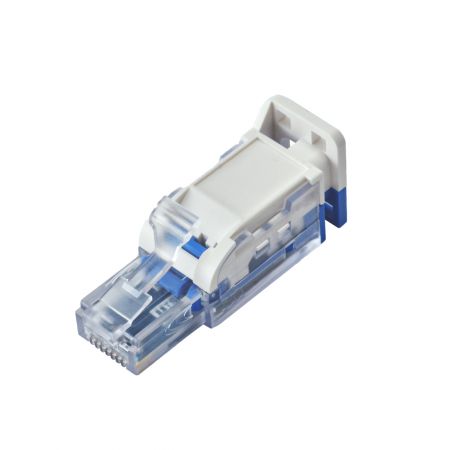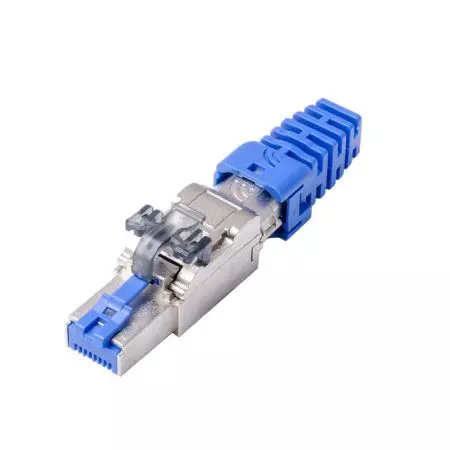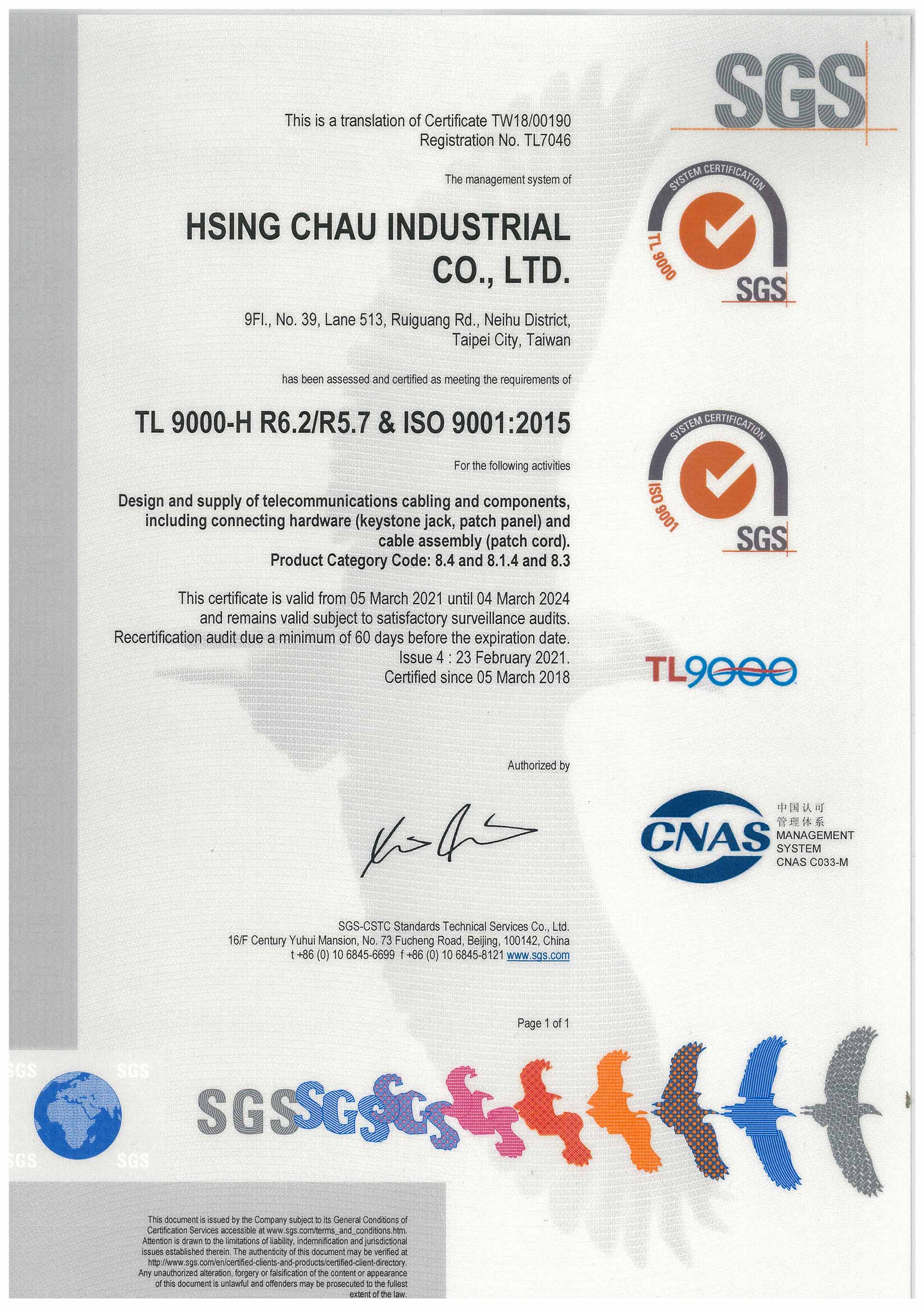HCI achieves TL 9000 and ISO 9001:2015 Quality Management Certifications
2018/04/26 HCIHCI has successfully achieved the requirements of international standard TL 9000 and ISO 9001: 2015 certification confirming that HCI’s processes and procedures conform to the requirements of the TL 9000 andISO 9001: 2015 standard. TL 9000 quality management system (QMS) meets the supply chain and operational quality requirements of the global information and communication technologies (ICT) industry. TL 9000 is built on ISO 9001 and its quality principles. And ISO 9001:2015 is an internationally recognized standard that specifies requirements for a formal quality management system.
HCI has been primarily committed to strict quality management since the company’s establishment, ensuring that HCI products are of consistently high quality. The principles of the TL 9000 and ISO 9001: 2015, are specifically designated to recognize manufacturing companies like HCI who have executed quality management systems that ensure consistent production of high-quality products, customer satisfaction and continuous improvement. HCI received TL 9000 and ISO 9001:2015 certification upon verification by an independent auditor that it has complied with the rigorous standard. HCI will continue to exceed the more demanding expectations of the new standard and not least quality management should be part of company management‘s responsibility.
With the TL 9000 and ISO 9001 certification, HCI are proud to put clients at the centre of all they do and look forward to working with the certification body to assure them the highest standard of management at all times. Achieving TL 9000 and ISO 9001:2015 certification was also our team effort as we worked hard to assess the processes and standards practiced in the company. HCI is looking once more to the future, for producing the highest quality products that increase our client competitiveness and increasing quality of life everywhere.
What is TL9000
The TL 9000 standard is the telecom industry's unique extension to ISO 9001:2015 and includes supplemental requirements in the following areas:
A. Performance measurements based on reliability of product
B. Software development and life-cycle management
C. Requirements for specialized service functions such as installation and engineering
D. Requirements to address communications between telecom network operators and suppliers
E. Reporting of quality measurement data to a central repository
ISO 9001:2015 specifies requirements for a quality management system when an organization
A. It needs to show its ability to systematically provide products and services that meet clients and applicable statutory and regulatory requirements.
B. It aims to increase clients satisfaction through the effective application of the system, including processes for improvement of the system and the warranty of conformance to customer and applicable statutory and regulatory requirements.




